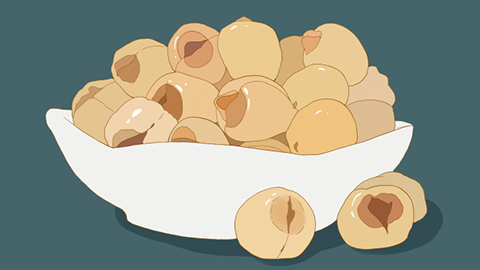Can pregnant women eat lotus seeds?
Pregnant women can eat lotus seeds, but their constitution and stage of pregnancy should be taken into consideration. Women with a balanced constitution in the second or third trimester may consume lotus seeds in moderation, while those with a cold constitution or in the first trimester should be cautious. If any abnormalities occur, prompt medical attention is advised. Detailed analysis is as follows:

If a pregnant woman has a balanced constitution without symptoms of spleen and stomach cold deficiency and is in the second or third trimester, moderate consumption of lotus seeds can be beneficial. Lotus seeds are rich in protein, vitamins, and other nutrients, and have effects of nourishing the heart, calming the mind, strengthening the spleen, and relieving diarrhea. They can help alleviate problems such as insomnia and indigestion during pregnancy. Cooking lotus seeds into porridge or soup can provide nutrition and help regulate the body, benefiting both maternal and fetal health.
For pregnant women with a cold constitution who often experience cold intolerance, diarrhea, or those in the early stages of pregnancy when fetal implantation is unstable, consuming large amounts of lotus seeds is not recommended. Lotus seeds are slightly cooling in nature; excessive consumption may increase internal coldness, irritate the gastrointestinal tract causing diarrhea, and even increase the risk of uterine contractions. Particularly in early pregnancy, improper consumption may affect fetal stability. Pregnant women in this category should consume lotus seeds cautiously or try a small amount first and observe their physical response.
Pregnant women should control the quantity when consuming lotus seeds, with an appropriate serving size of about 15–20 grams per time. They should not be eaten on an empty stomach. Combining them with warming ingredients such as red dates may help neutralize their cooling properties. If any adverse reactions occur after consumption, intake should be stopped immediately and medical advice should be sought to ensure dietary safety during pregnancy.




